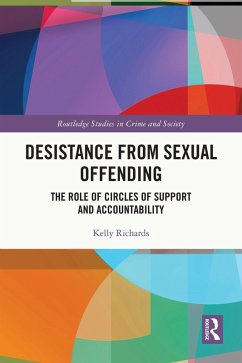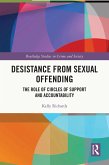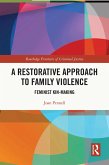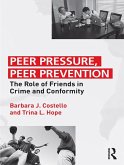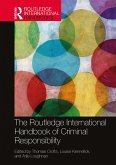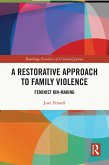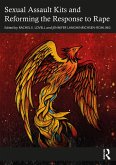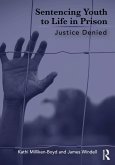A radically different approach - Circles of Support and Accountability (CoSA) - emerged alongside these measures. CoSA are groups of trained volunteers who collectively resist the exclusionary impulse, instead actively supporting those with sexual offence convictions to reintegrate into communities. Despite their seemingly counterintuitive nature, the research is clear that CoSA reduce sexual reoffending far better than more popular draconian sex offender management policies. However, little is understood about how CoSA work.
This book begins to address this gap by proposing a new way of understanding how CoSA reduce sexual reoffending. Drawing on 65 in-depth interviews with CoSA participants, it offers a new theoretically-informed empirical explanation of CoSA's capacity to promote desistance from sexual offending, and to turn those convicted of sexual offenders into law-abiding and productive members of the community. Ultimately it is a call to action, demonstrating that we, the community, must play a more central role in integrating people with sexual offence convictions if we desire safer communities for our children and our selves. This work illuminates new directions for research, policy, and practice, and is essential reading for academics and students engaged in the study of criminology and criminal justice, restorative justice, sexual violence, and reentry
Dieser Download kann aus rechtlichen Gründen nur mit Rechnungsadresse in A, B, BG, CY, CZ, D, DK, EW, E, FIN, F, GR, HR, H, IRL, I, LT, L, LR, M, NL, PL, P, R, S, SLO, SK ausgeliefert werden.

